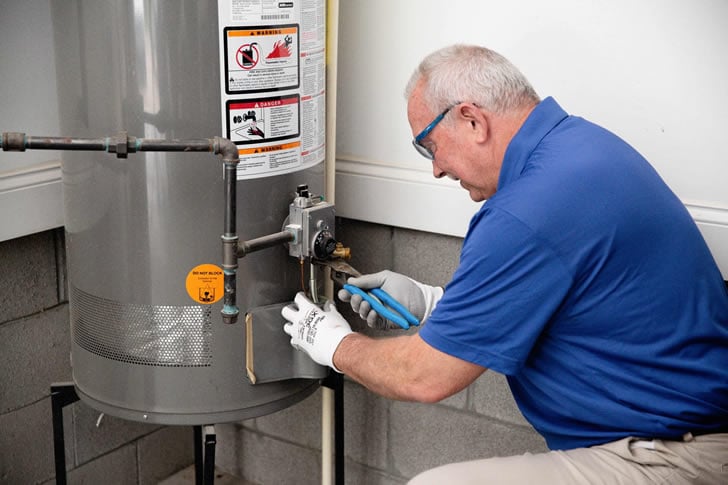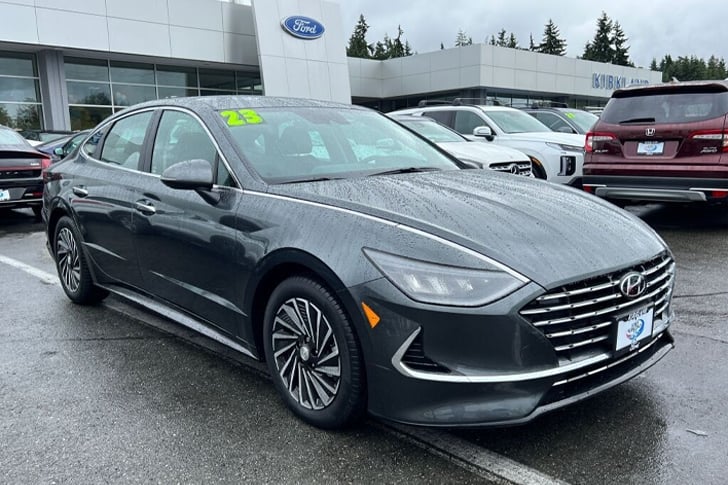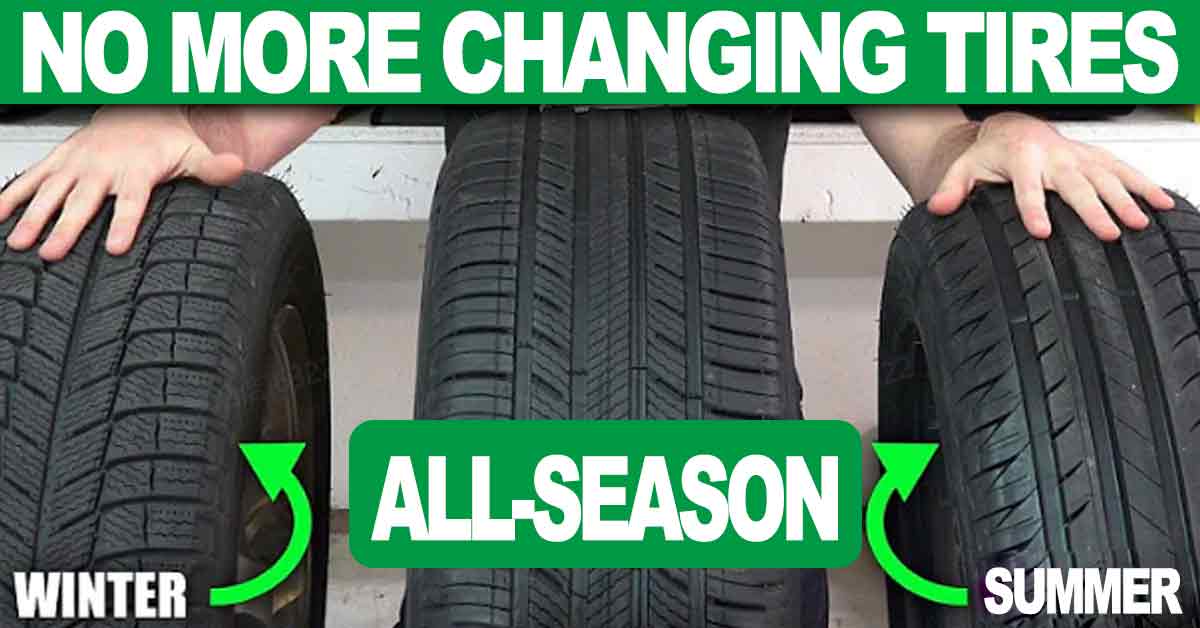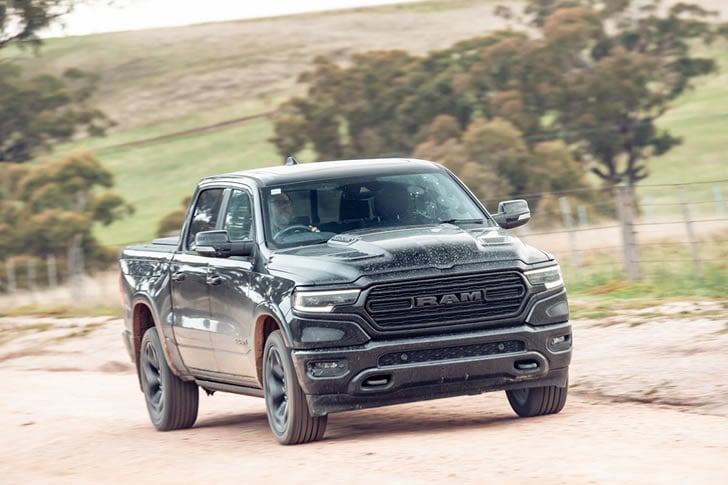Ensuring Safety for Senior Citizens in the Automotive Market
With the growing importance of safety, senior citizens need to know how to navigate the automotive market effectively. Here are some tips to ensure they make safe and informed decisions.

Understanding the Automotive Market for Senior Citizens
As senior citizens look to purchase a vehicle, understanding the current automotive market is crucial. With an influx of new safety technologies, selecting a car that meets their needs has never been more important.
1. Research the Latest Safety Features
Today’s automotive market offers numerous advanced safety features tailored for senior citizens, including:Automatic Emergency Braking (AEB):
Helps in preventing collisions by applying brakes automatically when a crash seems imminent.Lane Departure Warning (LDW):
Alerts drivers if they unintentionally drift out of their lane.Adaptive Cruise Control (ACC):
Maintains a safe distance from the vehicle ahead.
Ensure you research which models carry these features and understand how they can reduce the risk of accidents and improve overall safety.
2. Opt for User-Friendly Technology
While modern cars boast sophisticated technology, it’s essential to choose models with intuitive interfaces. Vehicles designed with senior citizens in mind often come with:- Larger, easy-to-read screens
- Simple navigation systems
- Voice control functions
By selecting an automobile with user-friendly technology, seniors can focus more on the road and less on the dashboard.
Safety Tips for Senior Citizens in the Automotive Market
When it comes to safety, making the right choices in the automotive market is critical for senior citizens. Here are some essential tips to keep in mind:
1. Prioritize Ergonomics and Comfort
Comfort is key for senior drivers, who may experience joint pain or discomfort during long drives. Make sure the vehicle offers:- Adjustable seats with lumbar support
- Ample legroom
- Clear visibility from the driver’s seat
Test the car’s seating arrangement to ensure it provides the necessary support and comfort, thus reducing fatigue and enhancing safety.
2. Consider Vehicle Size and Maneuverability
Smaller vehicles can be easier to drive and park, but may not always provide the top protection in collisions. Balance maneuverability with safety:Compact SUVs:
Offer a good mix of size and ease of handling.Mid-sized sedans:
Often provide excellent visibility and are easier to control.
Weigh the pros and cons of different vehicle sizes to find the one that strikes the right balance for your needs.
3. Check Crash Test Ratings
A crucial step in the decision-making process is to examine crash test ratings from recognized organizations like the National Highway Traffic Safety Administration (NHTSA) or the Insurance Institute for Highway Safety (IIHS). These ratings can provide:- Insights into the vehicle’s structural integrity
- Information about the effectiveness of safety features
- An overall safety score
Choose a vehicle with high marks in crash tests to ensure maximum protection.
Adapting Driving Habits for Safety
Besides selecting the right vehicle, adapting driving habits can significantly enhance safety for senior citizens.
1. Avoid Driving Under Stressful Conditions
Senior citizens should try to avoid driving in stressful conditions, such as:- Heavy traffic hours
- Poor weather conditions
- Nighttime driving
Plan trips during off-peak hours and ensure weather conditions are favorable for a safer driving experience.
2. Regular Health and Vision Check-ups
Frequent health and vision check-ups are essential to ensure the ability to drive safely. Aging can affect:- Reaction time
- Vision clarity
- Overall health
Maintaining regular appointments with healthcare providers can help identify and manage any issues that might impact driving abilities.
3. Refresh Driving Skills
Consider taking refresher driving courses designed for senior citizens. These courses can help update knowledge on:- Current traffic laws
- New safety technologies
- Defensive driving techniques
Such programs are also an opportunity to gain confidence in using modern automotive features effectively.
Utilizing Community Resources for Senior Citizens in the Automotive Market
Many communities offer resources to support senior citizens in their automotive endeavors.
1. Senior Driving Programs
Local organizations often hold safety seminars and driving programs aimed at senior citizens. These programs might cover:- Vehicle maintenance tips
- Safe driving practices
- Hands-on experience with new safety technologies
Check with community centers or local driving schools for available programs.
2. Financial Assistance Programs
Some senior citizens may qualify for financial aid to help purchase a vehicle or install necessary adaptive devices. Look into programs such as:- State-run financial assistance for seniors
- Charitable organizations offering grants
This can ease the financial burden while ensuring access to safer, more reliable vehicles.
3. Peer Support Networks
Join senior citizen groups or clubs that focus on safe driving and automotive insights. Sharing experiences and tips with peers can provide:- Recommendations on reliable car models
- Advice on dealing with common driving challenges
- Emotional and practical support
Conclusion
Navigating the automotive market with a focus on safety is vital for senior citizens. By researching and selecting vehicles with advanced safety features, understanding the ergonomics of comfort, checking crash test ratings, and adapting driving habits, senior drivers can ensure a safer and more enjoyable driving experience. Utilizing community resources further aids in maintaining independence while prioritizing safety on the road.









